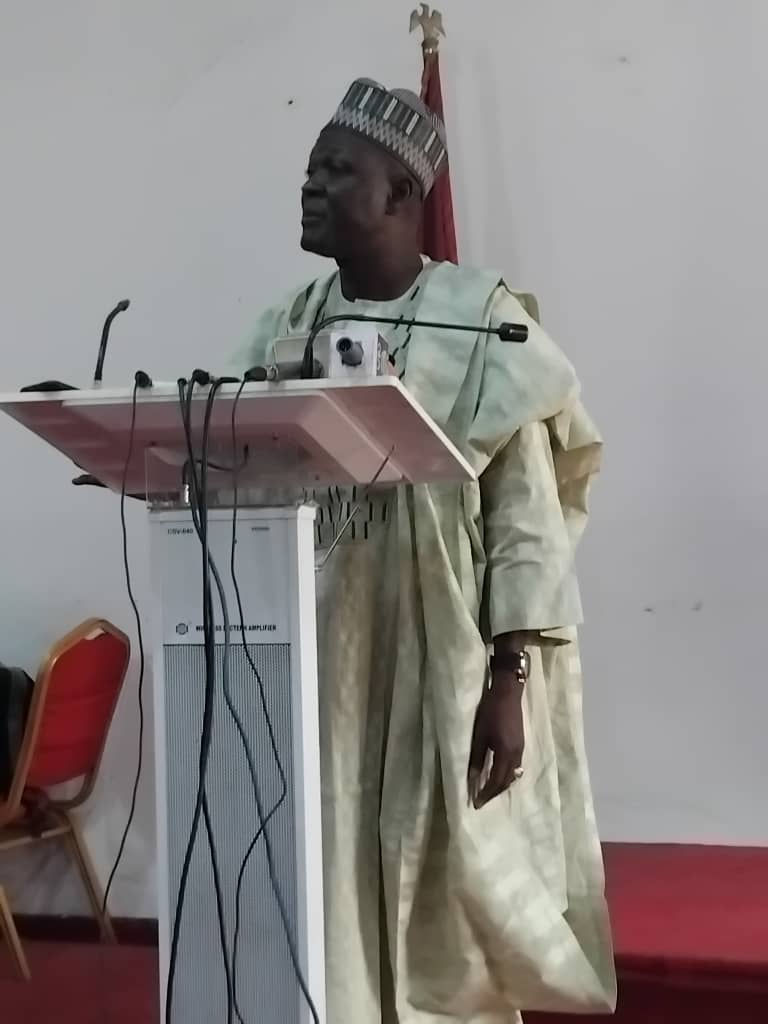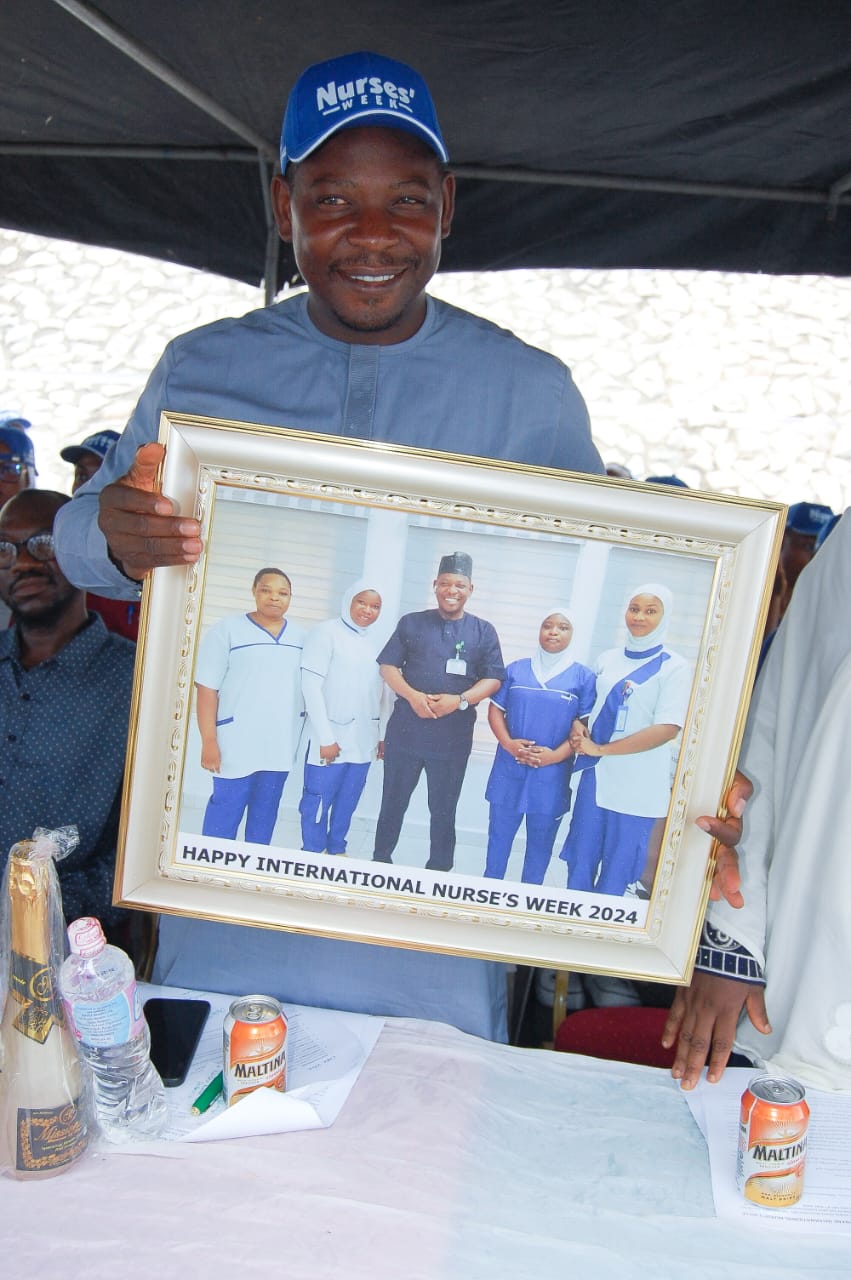Janet Samuel, Abuja
The senate has passed for second reading a Bill to document, protect domestic workers and their employers
The Red Chamber passed the bill through second reading after the general principles of the bill was presented by the sponsor Senator Hussaini Babangida of Jigawa North-West at plenary, titled, the bill for an act to provide for the documentation and protection of domestic workers and employees and for other matters there with.
While presentating the bill, Senator Babangida said the bill was read the first time on Nov 21, 2023, saying the intendment of the bill is to raise the issue of the employment, regulation and the management of domestic workers on one hand and on the other hand to deal with the matter of rights of also employers from domestic workers.
He said it is a two way bill that seeks to address the regulation and the operation in the informal sector of the economy.
“In 1998 it was widely reported about a senior flight officer Hadiza Oboh of the Nigerian Airways at the age of 39 who was almost approaching the position of a captain, she was highly celebral. She was murdered by her employees and domestic workers as reported, till date the culprits have not been apprehended because record has it that they are workers from Togo/Benin Republic that she employed who killed her.
“On the part of the employers, there are reports of cases of employers maltreatment including harassment and sometimes killing of workers in their employ.
“Therefore the intendment of the bill is to bring the two sides together so that we can have a harmonized and regulated documented and properly articulated approach to Domestic employee/employer relationship. “It is also know that most of the people we employ we hardly ever know them
According to him, over the years, there has been an increase in the incidents of assaults and abuse of domestic workers by their employers or hosts, adding that abuses ranging from slave labour, physical and sexual abuse among others.
He said some times ,the stories are gory, traumatic and mind-boggling, especially against the background that the domestic workers exist in the informal sector.
“On the other side of the coin, is the rise in the state of complicity of crimes committed by domestic workers mostly in connivance with other criminal elements of society against their employers or host.
“These bother on burglary, kidnapping, stealing of children, and sometimes outright murder.”
He said due to urbanization, fast growing cities with chaotic traffic in Nigeria such as Port Harcourt, Lagos, Abuja, Kano and other cities have put significant pressure on working class parents of different categories of the society.
This, he said was compelling many of them to spend more time at work places and far less time at home.
“The concomitant effect of this is that many families, from the low, middle, to the high- income class families have come to the inevitable reality of the necessity of employing and relying on domestic workers to attend to their needs at home.
“It is saddening to note that a very vulnerable group of this category of domestic workers have been consistently played upon by their employers or hosts.
“These are mostly house maids, boys, wards and extended family members.
“A lot of these workers are unregistered and not supported by most national labour laws, They work for private households usually without clear terms of employment, particularly in our country.”
He said Nigeria was yet to have a codified legislation that provides for the right of domestic workers.
Babangida concluded that it was therefore imperative and critical for the 10th Senate to urgently assist the law enforcement agencies with potent legislative interventions by passing the bill.
“Mr. President, distinguished colleagues, in view of the enormous benefits of this bill which has been elaborately deliberated in this lead debate, “I want to urge you to support the second reading of this bill, he said.”
The bill, which received an overwhelming support from lawmakers was referred to Committee on Labour and Productivity by the Senate President, Godswill Akpiabio for further legislative input, and, to report back in four week







GIPHY App Key not set. Please check settings